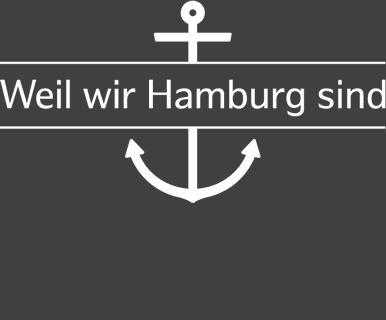News Details
Hydrogen shots and the question ‘Do we really need hydrogen?’: a trip to the American world of hydrogen

Hydrogen, especially green hydrogen, is a hot topic in Germany as future technology for reducing our CO2 emissions, while the scaling of applications and infrastructure are at the top of the agenda. But how is this regarded in the US and what is the current state of affairs there? To answer this question, a delegation travelled to the US in mid-June to explore the topic of the ‘US hydrogen sector and the transformation to renewable energy’. The EEHH Cluster Agency was represented by Sibyl Scharrer, who is responsible for international hydrogen cooperation at the agency. The aim was firstly to gain an insight into current developments in the American hydrogen economy and secondly to establish new political, business and scientific contacts in order to strengthen collaboration across the Atlantic.
Key findings:
- The US government has launched several initiatives, funding programmes and legislation to promote the market ramp-up of hydrogen. Despite successes such as infrastructure legislation, the difficulty in finding compromises between the political stakeholders is inhibiting the long-term framework conditions for effective climate protection.
- The definition of clean hydrogen, which also appears in the Federal Government Investment Bipartisan Infrastructure Law, demonstrates a major difference between the US and Germany/Europe: there is no colour scheme in the US, but they use the term ‘clean hydrogen’ when the carbon intensity is equal to or less than 2 kg of CO2-equivalent at the site of production per kg of H2 produced. Nevertheless, they are open to technology.
- Hydrogen produced in the US is primarily used in the domestic economy. It is possible that hydrogen could be exported, but only in the medium term.
- A core promotional element are the tax incentives that are currently being discussed with regard to hydrogen.
- In US initiatives, sustainability includes the triad of social, economic and environmental sustainability much more so than in Germany.
In summary: the trip was well worthwhile. There were many new insights and information, as well as new contacts, who will provide fascinating approaches to cooperation. Thanks to the US Department of State, which organised this amazing trip!





